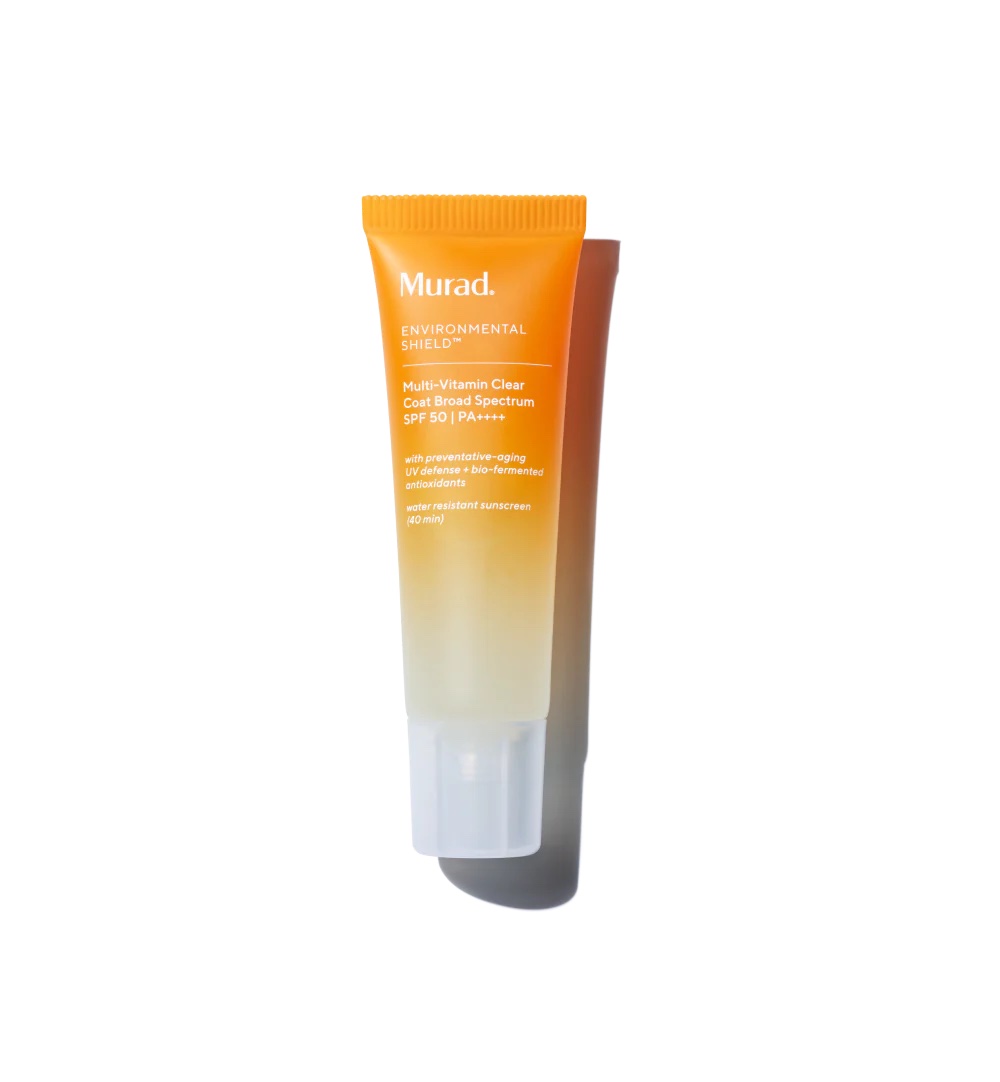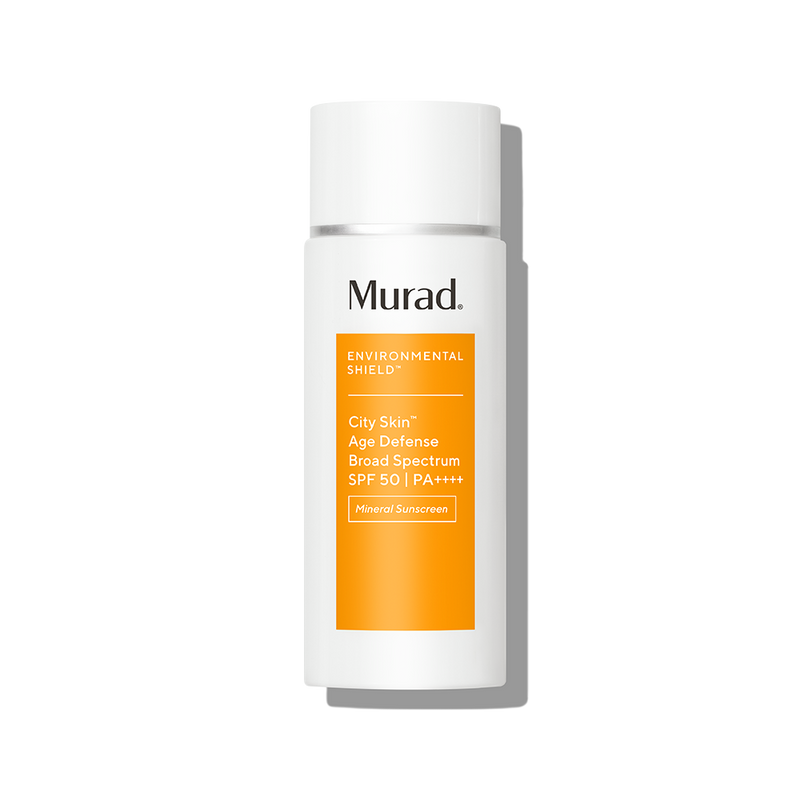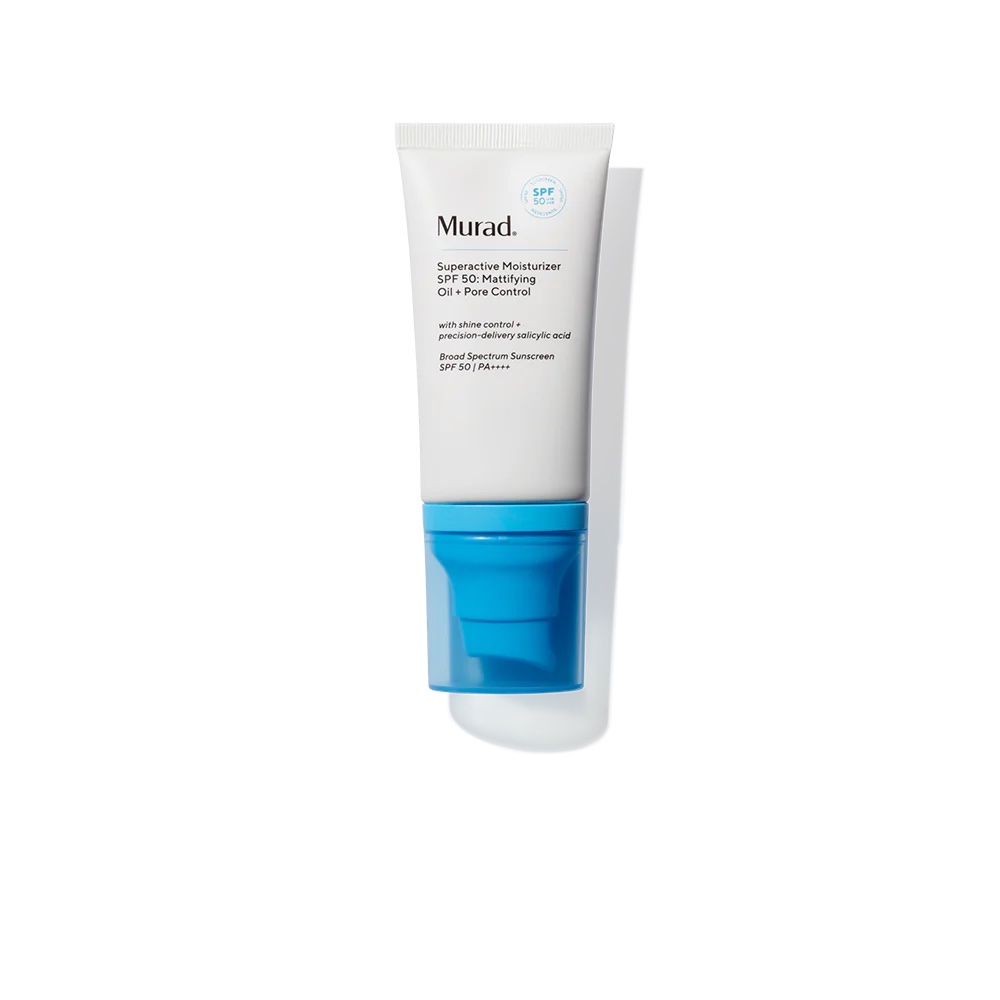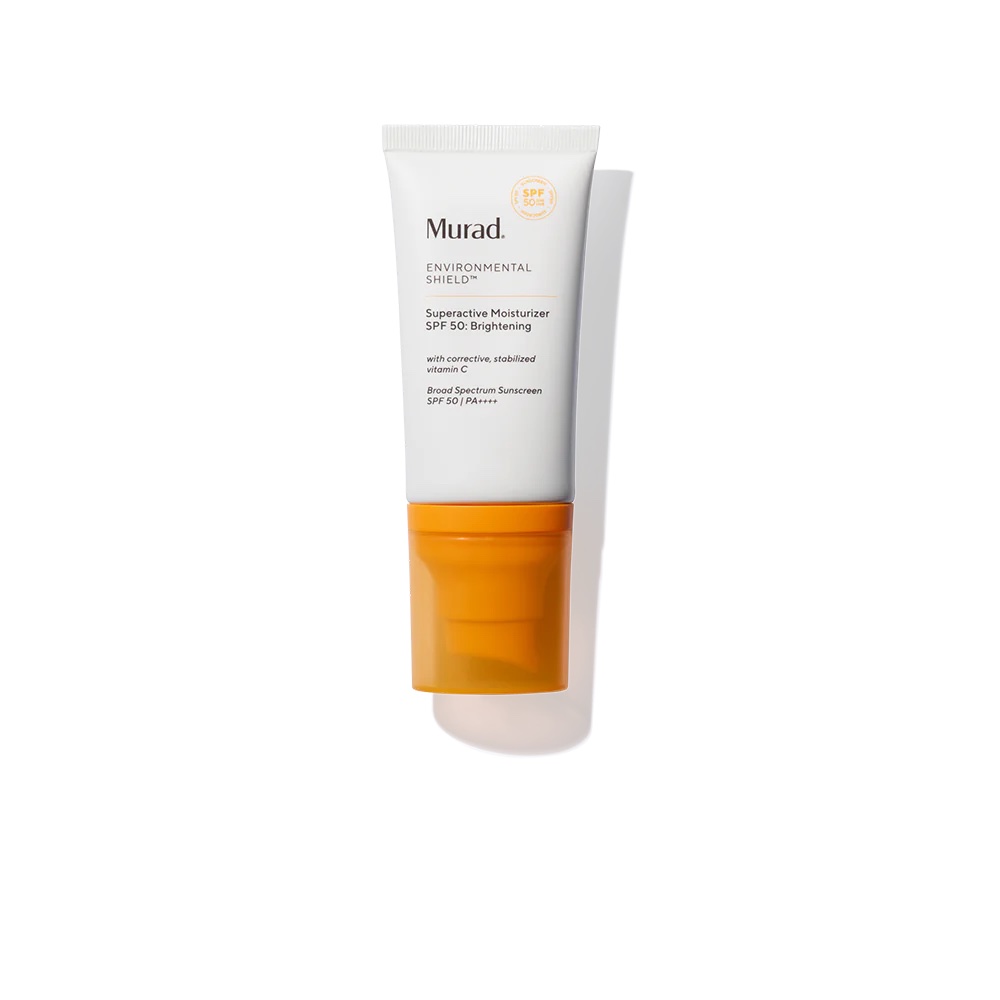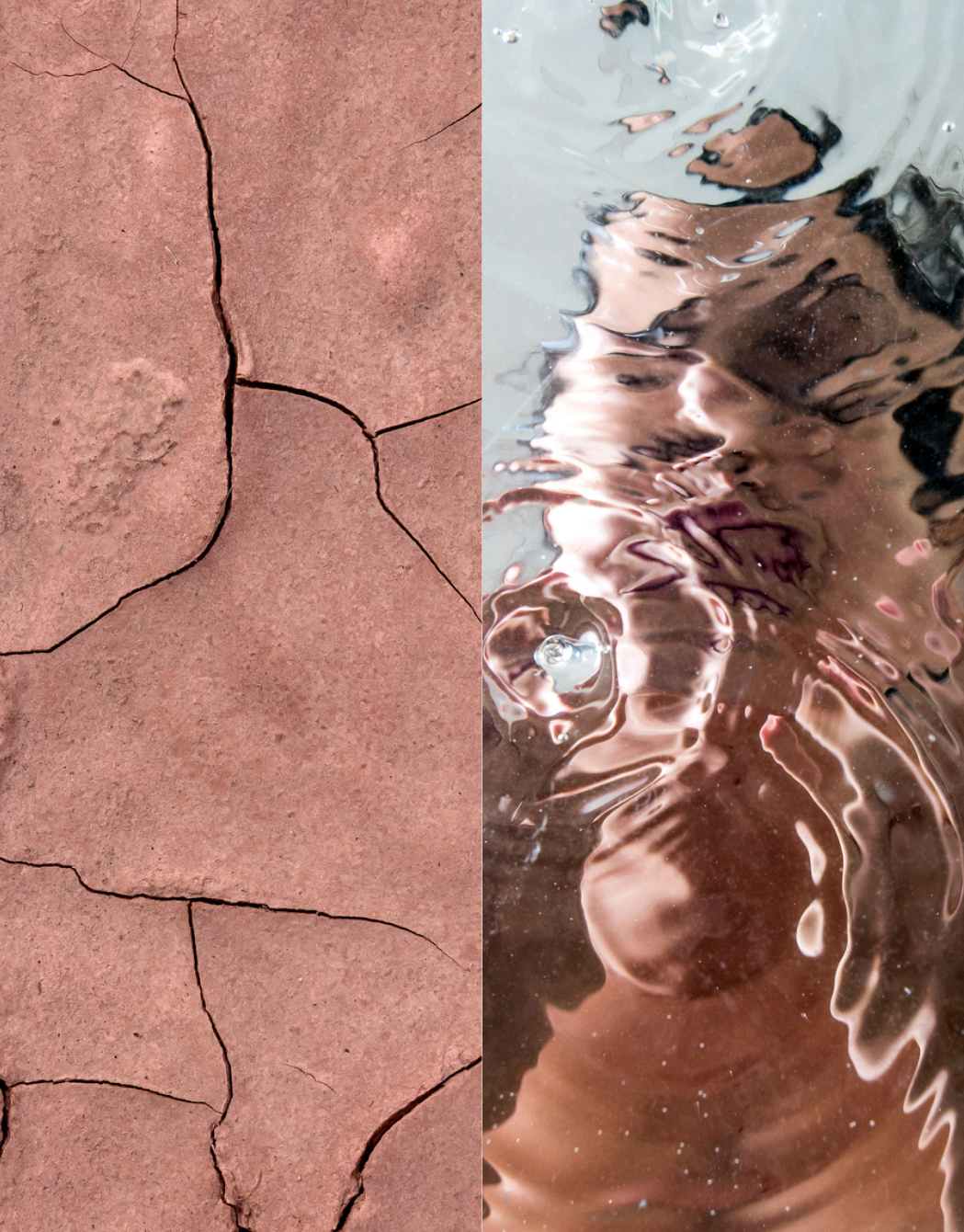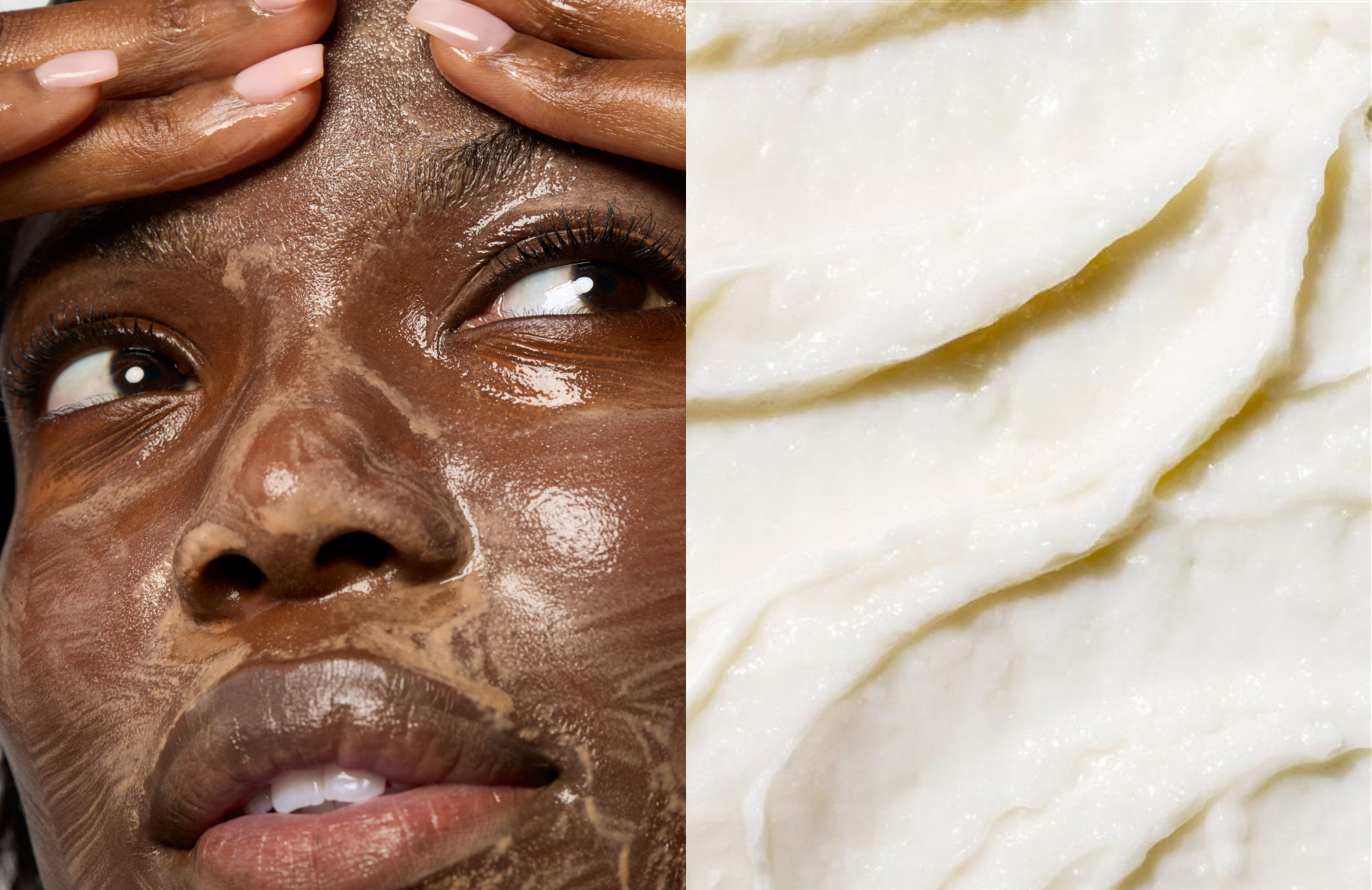Is SPF 30 vs 50 better? Do you need sun protection indoors? 7 sunscreen truths and myths you need to know
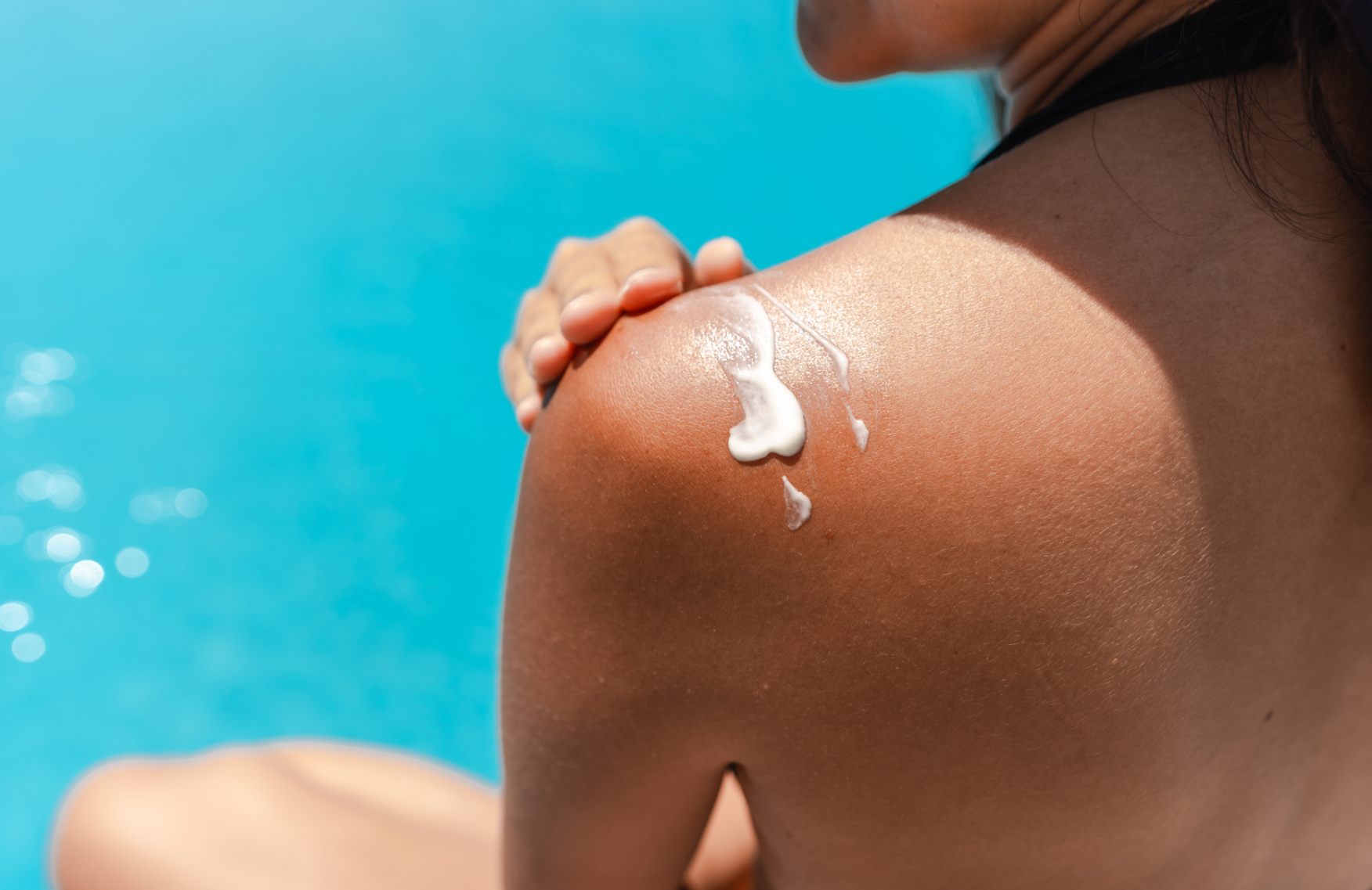
When it comes to sun protection, the array of advice and opinions out there can be overwhelming, leaving us wondering what’s actually true. From SPF 30 vs 50 comparisons numbers to reapplication rules, there are so many misconceptions that can cloud our judgment and potentially put our skin at risk. To help with this, we chatted with two dermatologists to separate fact from fiction by debunking common myths and highlighting essential truths about sunscreen.
Myth: Deeper skin tones don’t need SPF
“A deep skin tone contains more melanin, which provides more protection from UV rays than fair skin,” explains Dr. Brendan Camp, MD, a dermatologist in New York. “But even deeply pigmented skin can be damaged by the effects of UV radiation and is susceptible to sunburn, sun damage and skin cancer.” In other words, everyone, no matter their skin tone, needs SPF to protect their skin.
Truth: You need to reapply every 2 hours
If you’ve wondered whether your morning application of sunscreen is enough to keep your skin protected all day long, the answer is no. “The ingredients break down over time, especially with exposure to UV light,” explains Dr. Lauren Penzi, MD, a dermatologist in New York. She adds that activities like sweating, water exposure, rubbing your face or putting on clothing can also remove sunscreen. So, it’s true that you need to reapply sunscreen throughout the day. Ideally, every two hours as recommended by the American Academy of Dermatology Association. How long does SPF 30 vs 50 last? The answer is the same for both: about two hours before reapplication is needed.
Myth: You only need SPF on sunny days
Even on cloudy days, you should still apply sunscreen. Here’s why: “Up to 80 percent of UV rays can penetrate through the clouds,” Dr. Penzi says. “UV exposure is also cumulative, so even low level exposure, like walking your dog daily, can add up over time and contribute to skin cancer.”
Truth: You don’t need sunscreen indoors
It’s also a myth that if you’ll be spending the day indoors sunscreen isn’t needed. Dr. Camp recommends making sunscreen part of your daily routine no matter what your plans for the day entails as UV rays can still penetrate through windows.
Myth: Wearing sunscreen can lead to vitamin D deficiency
If you’re concerned that wearing sunscreen regularly can lead to a vitamin D deficiency, don’t worry. “Sunscreen reduces skin’s production of vitamin D, but it doesn’t block it completely,” Dr. Penzi says. “You can still get enough through small amounts of sun exposure and diet.”
Truth: A higher SPF offers more protection
Sorta. It’s true that sunscreens with a higher SPF provide more protection than those with lower SPFs, according to Dr. Camp. However, he notes that the difference narrows as the SPF number increases. For example, SPF 30 vs 50 sunscreen comparison shows that an SPF 30 sunscreen blocks about 97 percent of UVB rays while an SPF 50 blocks around 98 percent of UVB rays. This explains why an SPF of 30 or higher is recommended, Dr. Penzi adds, since the theoretical percentage of UV filtering levels off at SPF 30 and above.
Myth: You don’t need sunscreen if your makeup has SPF
There are tons of makeup products on the market that contain SPF, however, Dr. Penzi says in general these products shouldn’t take the place of sunscreen in your routine. Makeup products typically have lower levels of SPF and don’t usually offer broad spectrum protection from UVA and UVB rays like a sunscreen would. Also, many people don’t apply as much makeup as they would sunscreen, which lowers the level of protection. Additionally, sunscreen should be reapplied every two hours, but many people don’t reapply their makeup throughout the day.
“What is the best sunscreen for my skin type?”
When it comes down to what is the best sunscreen for you, lean-in to your skin type. Advances in skincare technologies mean sunscreens are as customized to your skin type and feel as wearable as a moisturizer or serum.
- Sensitive skin? Go for a mineral sunscreen (also called physical sunscreen) that uses naturally occurring active ingredients like titanium dioxide and zinc oxide. Mineral sunscreens sit on top of your skin and physically shield against UV rays. But just because they sit on top of your skin doesn’t mean you should see or feel them. Mineral suscreens are as elegant as their chemical counterparts and should disappear upon application. Sensitive skin types should also seek out an SPF that’s fragrance-free and artificial color-free.
- Oily skin? Acne-prone skin? Depending on your preference, you can choose either a mineral sunscreen or physical sunscreen. What you should absolutely look for are oil-controlling SPFs with mattifying benefits that help keep shine and future breakouts in check.
- Dark spots or uneven tone? Sunscreens are critical for preventing current dark spots from worsening, while keeping future dark spots away. Mineral sunscreens might be your best go-to, and here’s why: Some (not ALL) research suggests that chemical sunscreens (which work by absorbing UV radiation and converting it into heat that releases from the skin) may exacerbate dark spots and hyperpigmentation. Speak to a dermatologist for their recommendation, then select a sunscreen with vitamin C to help with brightening and evening skin tone.
- Mature skin or skin showing the signs of aging? Choose a hydrating SPF, either chemical or mineral. If you’re also managing sensitivity, then reach for a mineral SPF. Also look for sun-friendly retinoids in your SPF formulas to help fight wrinkles and keep skin smooth and more youthful.
- Dry or dehydrated skin? Or, balanced/combination skin? Hydration is critical to keeping healthy skin healthy and balanced. Whether you choose a physical or chemical sunscreen, choose an SPF with hydrating ingredients like hyaluronic acid that quench dry skin layers deep and help bring back plump and bouncy skin.
FAQs
- How long does SPF 30 vs 50 last?
- Regardless of the sun protection factor number, SPF lasts roughly 2 hours, which is why it’s highly recommended to reapply throughout the day—especially if you’re partaking in outdoor activities, sweating, rubbing your face, or changing your clothes.
- What is the best sunscreen?
- The best sunscreen is the one you’ll wear daily! Take things like skin type and personal preferences in feel, application, and wearability into consideration when shopping for your next SPF.
The views expressed in this article do not necessarily represent the views of Murad, and are for informational purposes only, even if the advice of physicians and medical practitioners are included. This article is not a substitute for professional medical advice, diagnosis or treatment, and should not be considered specific medical advice.
